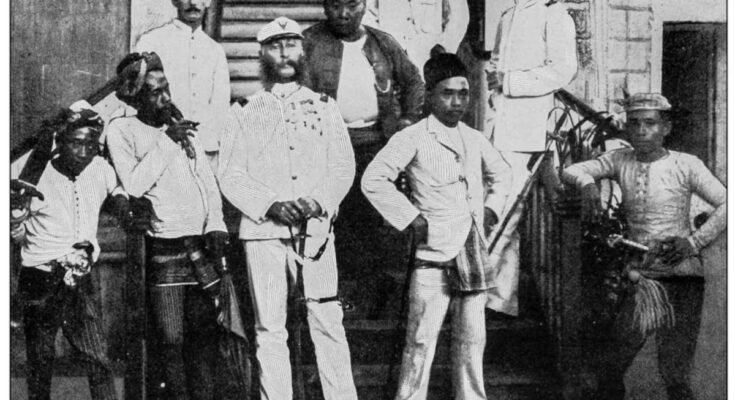Spain avoids billion dollar fine threatened on the other side of the world. The International Center for the Settlement of Investment Disputes (ICSID) – an institution dependent on the World Bank – has completely rejected the lawsuit worth 18 billion dollars (about 15.5 billion euros at current exchange rates) filed by the heirs of the Sultan of Joló against the Kingdom of Spain just over a year ago. Specifically, Spanish institutions are believed to have hindered the collection of an award that condemned Malaysia to pay the former president’s descendants more than 13 billion euros for breach of a 19th century contract. The difference of over 2,000 million compared to the 15,500 declared now lay in late payment interests.
But none of this will happen because the ICSID has declared its incompetence due to a manifest lack of judicial merit, which means a total rejection of the application and also forces the applicants to pay both the costs of the proceedings and the representation costs of Spain, as confirmed by legal sources.
Spain was represented by the Department of International Arbitrations of the State Prosecutor’s Office, which always maintained that the case should be closed at the preliminary stage. For their part, the heirs had taken their case to international arbitration because they argued that the Spanish state had harmed their economic interests resulting from a commercial award obtained in Paris in 2022 against Malaysia (the validity of which is awaiting a final decision by the French judicial system), in which they were awarded compensation of 18 billion dollars for an 1878 territorial lease in North Borneo.
In support of their appeal to the ICSID, the sultan’s heirs claimed to have made a “protected investment” in Spain due to legal costs in Spanish territory and alleged monetary interests arising from the award issued in France. On the contrary, the international arbitral tribunal, after six months of analysis, concludes that no form of protected investment can exist, according to the terms of the 1993 Bilateral Treaty for the Promotion and Reciprocal Protection of Investments between Spain and the Philippines.
As specified in the resolution, legal fees cannot be estimated as an asset, but rather constitute a cost and, therefore, cannot be classified as an investment. Secondly, not even the monetary interest deriving from the concession can be converted into an investment, since there is no economic activity on Spanish territory that can be linked to it.
As if denying the majority wasn’t enough, ICSID also discards what the plaintiffs call the “crystallization theory.” With it, the heirs attempted to present the legal fees as the original investment and the counterparty as the crystallization of this alleged investment.
The origins of this dispute, considered one of the most expensive in the history of arbitration, date back to 1878, when the Sultan of Joló signed an agreement with two European merchants to lease the exploitation of pearls, birds’ nests and wood in the north of the island of Borneo and adjacent islands for the price of 5,000 Philippine pesos. The tenants paid the agreed price until 1946, when the British crown took over the rights of the contract. This changed in 1963, when Malaysia began to meet payments after gaining independence.
The discovery of new natural resources, such as oil and gas, in the 1980s and 1990s prompted the heirs to try to renegotiate the contract, but Malaysia rejected it. Relations finally broke down in 2013, after the Asian state claimed that the territory of Joló has legitimately belonged to it since 1957. For this reason, the heirs started an arbitration in 2018, after the Foreign Office summoned them to resolve the issue directly with Malaysia. However, the conflict ended up falling in Spain, since, although the case against the Asian country was raised by the ICSID, they chose the Spanish capital as the place of discussion, since Joló was Spanish territory in the 18th century.


